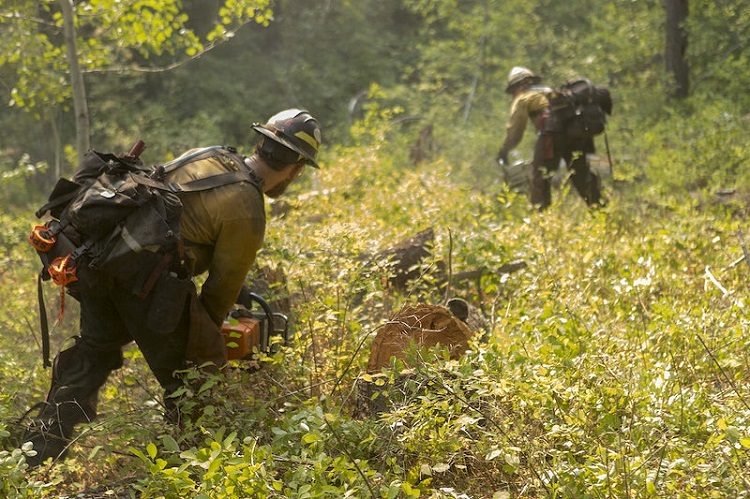Climate change is one of the most pressing topics of our time and it is only expected to get worse over time. But one aspect of climate change that may be overlooked is its potential to cause an increase in food poisoning cases.
Though food poisoning can be caused by a variety of different sources, climate change will likely result in more incidents due to changes in temperature, humidity, and food storage. These changes can impact the growth and development of food-borne bacteria, making it easier for them to survive and cause an infection.
First, higher temperatures can cause an increase in cases of food poisoning. As temperatures rise due to climate change, bacteria have the potential to become more active and even more virulent. This means more risk of foodborne illnesses and an increase in cases of contamination.
Second, higher humidity can create favorable conditions for food-borne bacteria growth. These bacteria thrive in moist environments and can quickly contaminate food if they’re able to spread around. However, the food being stored in these humid environments can also act as a vehicle for the spread of bacteria, leading to foodborne illness.
Finally, changes in food storage can lead to increased cases of food poisoning. Longer hot weather, for example, may lead to meat not being stored in refrigerators for long enough periods of time, resulting in more bacteria growth and therefore contamination risks.
These changes in temperature, humidity, and storage options can be further exacerbated if food is being handled improperly, such as not cleaning or washing hands before or after cooking. This can create a perfect recipe for food poisoning to occur.
So while the effects of climate change can have wide ranging impacts, it can also directly affect our ability to remain healthy. As food poisoning cases could potentially become more frequent, it is important to take proper precautions and safety measures to prevent future illnesses. This could be done by limiting how long food is stored at room temperature, increasing food storage safety practices, and being extra diligent when it comes to preparing and handling food.
By taking proactive steps to reduce the risks of food poisoning and keeping in mind the potential dangers of climate change, we can help mitigate the risks of further cases of food poisoning occurrence.

